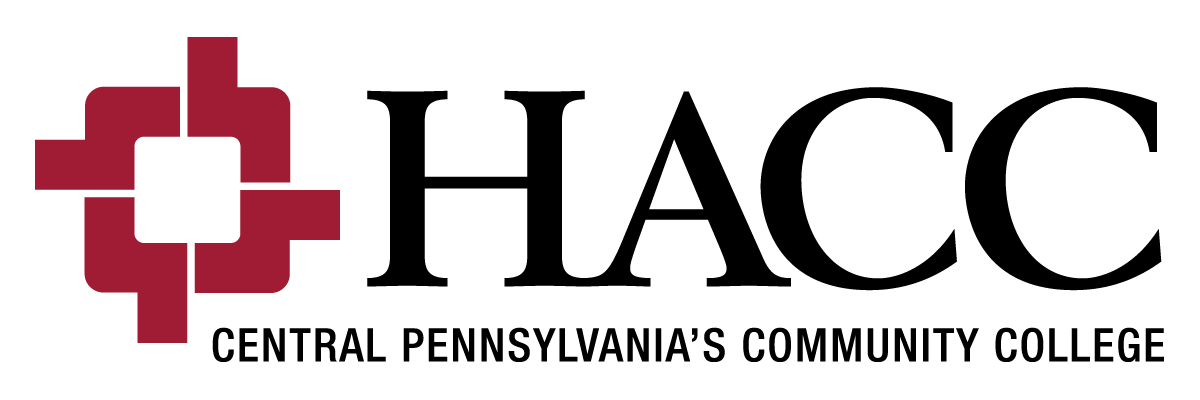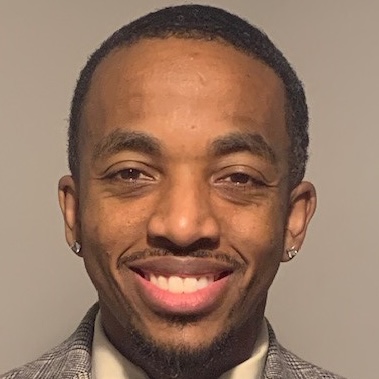by Michael Davis and Olajiwon K. McCadney
 Nationally, men of color face disparities in educational attainment and employment outcomes compared to their peers. Community colleges, often serving as a gateway to higher education for underserved populations, are pivotal in addressing these disparities. Providing access to education is not enough anymore, so how can community colleges better support the success of men of color? Community colleges can profoundly impact individual lives and broader communities by focusing on programs that support the persistence, retention, and holistic lived experiences of men of color.
Nationally, men of color face disparities in educational attainment and employment outcomes compared to their peers. Community colleges, often serving as a gateway to higher education for underserved populations, are pivotal in addressing these disparities. Providing access to education is not enough anymore, so how can community colleges better support the success of men of color? Community colleges can profoundly impact individual lives and broader communities by focusing on programs that support the persistence, retention, and holistic lived experiences of men of color.

According to the Community College Research Center, retention rates for men of color are significantly lower than average, highlighting the need for interventions beyond traditional academic support. Research emphasizes the importance of culturally responsive teaching and mentoring. These programs can enhance academic performance and retention among men of color in higher education settings.

At institutions like Harrisburg Area Community College in central Pennsylvania, programs tailored to the needs of men of color yield promising results. HACC’s Men of Color Initiative (MOCI) is part of the college’s commitment to fostering a diverse and inclusive community where everyone feels welcome and valued. MOCI offers comprehensive support by promoting empowerment, self-advocacy and healthy life choices, helping participants overcome historical structural and systemic barriers to successfully navigate their personal and professional lives through education. Students in the program have shown remarkable academic success and enhanced personal enrichment, underscoring the effectiveness of targeted interventions. Some notable statistics include:
- The average grade point average for men of color who frequently interact with MOCI is 3.4.
- Nearly 30 percent of students visit the office twice a week or more, and 18.6 percent visit at least once daily.
- Reasons for coming to the office include: 55.9 percent for study space and 39 percent for relatability or comfort with HACC employees. Personal development/conversations and programming were tied at 28.8 percent.
Examples of MOCI programming that supports student success, engagement and retention include:
- Fall college tours: Students visited Coppin State University and Bowie State University, which are four-year historically Black colleges and universities, and the University of Baltimore, which the U.S. Department of Education has designated as a predominantly Black institution. Participants experienced the richness of the campus atmosphere and discussed opportunities to transfer to these institutions after completing their time at HACC.
- Mentoring and coaching: Men of color who have a semester or two under their belts mentor first-semester students navigating their transition to college. Then, both students receive mentoring from college staff.
- Cross-campus collaboration: Academic advisors visited the Students of Color Foundational Studies course and guided students through registration. This collaboration led to 87 percent of those students registering for the upcoming semester.
- Flexing Your Finances: Faculty teach a workshop series covering financial literacy and empowerment. Students also receive resources, including a workbook and financial planner.
- Barbershop Talks: During these monthly events, students can get free haircuts and lunch while they discuss topics like dating, relationships, mental wellness, pop culture, and entrepreneurship.
Participants in Men of Color Initiative report transformative experiences. For example, Marcus, a first-generation college student, credits the program with improving his grades and instilling confidence and purpose. “I never thought I’d make it this far,” Marcus said. “But having mentors who understand my background and challenges has made all the difference.”
As we consider the future of higher education, investing in programs that support men of color at community colleges isn’t just beneficial – it’s vital. Through targeted initiatives prioritizing comprehensive support, we can ensure that every student can fulfill their potential as they imagine it and actualize it. By championing these efforts, we not only uphold the promise of education but also enrich the fabric of our society.
Michael Davis is the executive director of intercultural affairs and advocacy at Harrisburg Area Community College. Olajiwon K. McCadney is the associate vice president of intercultural engagement and campus life at the college.


Congratulations for your superb mentoring efforts.
This is an awesome boost to young black men who simply want to be educated in pride without being slammed because of the color of their skin.Thanks to Davis and McCadney for mentoring and just being there for them.
Sylvia M. Carley, Ph.D., the founder of the Black, Brown, College Bound initiative for black and brown male community students would applaud your efforts. She recognized over 20 years ago that emphasis needed to be place on the successful matriculation of black and brown cc male students. She served as an administrator in the Florida community college system for more than 30 years. Her legacy is well established. Continue the work!
As someone working on their dissertation which is focused on Afro-Latino male community college students and their financial success in life, this is great to read about your efforts at HACC!
So proud of our HACC Colleagues!